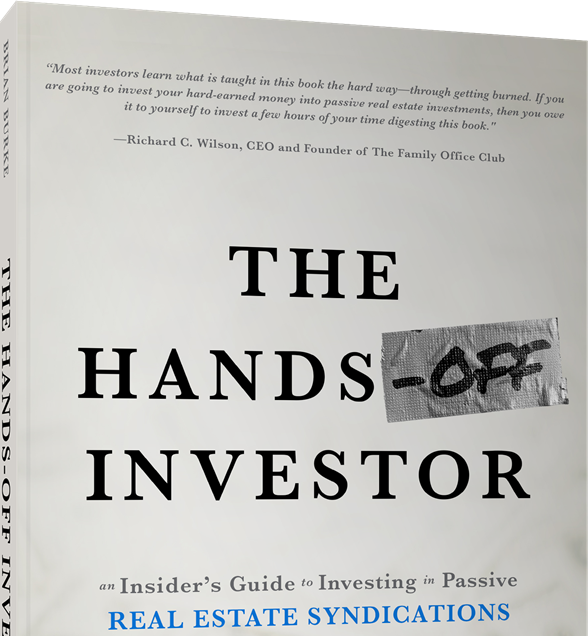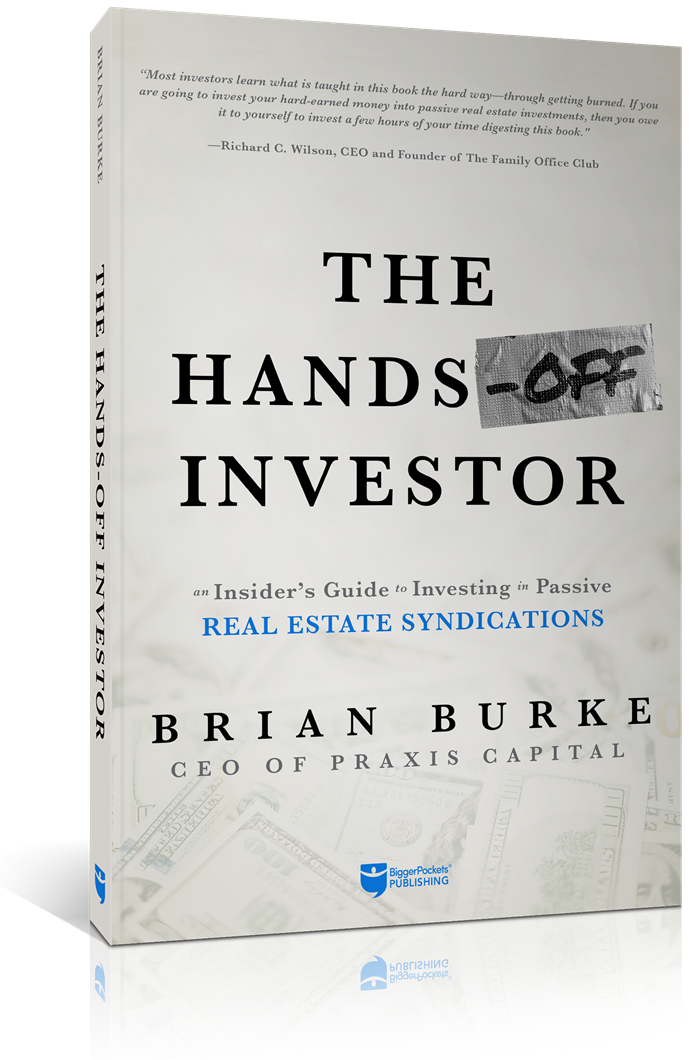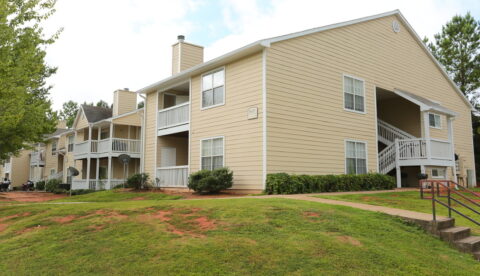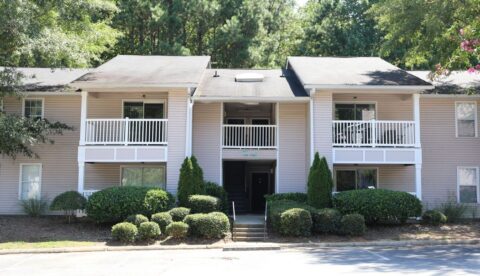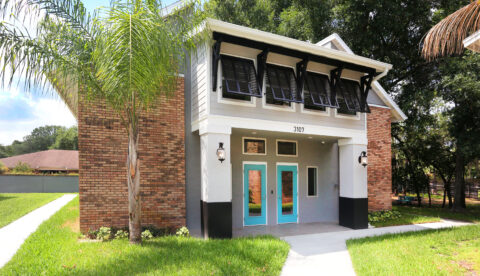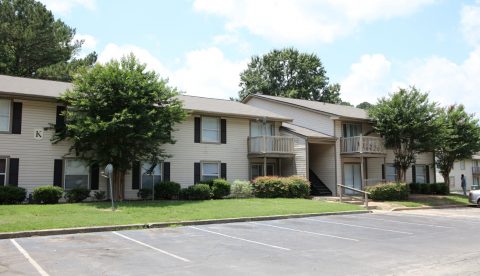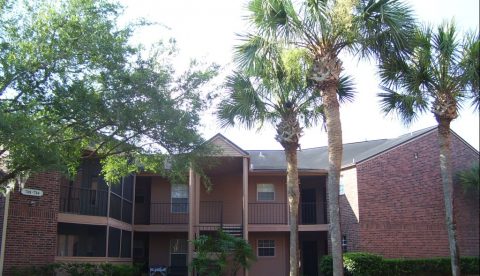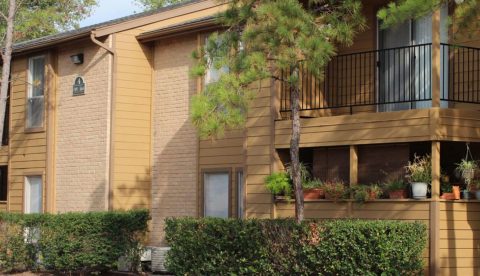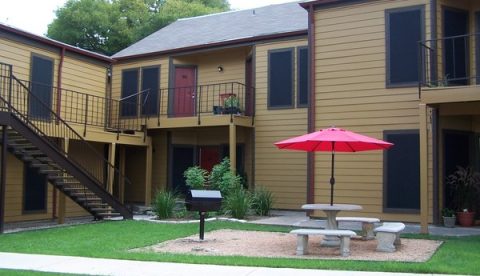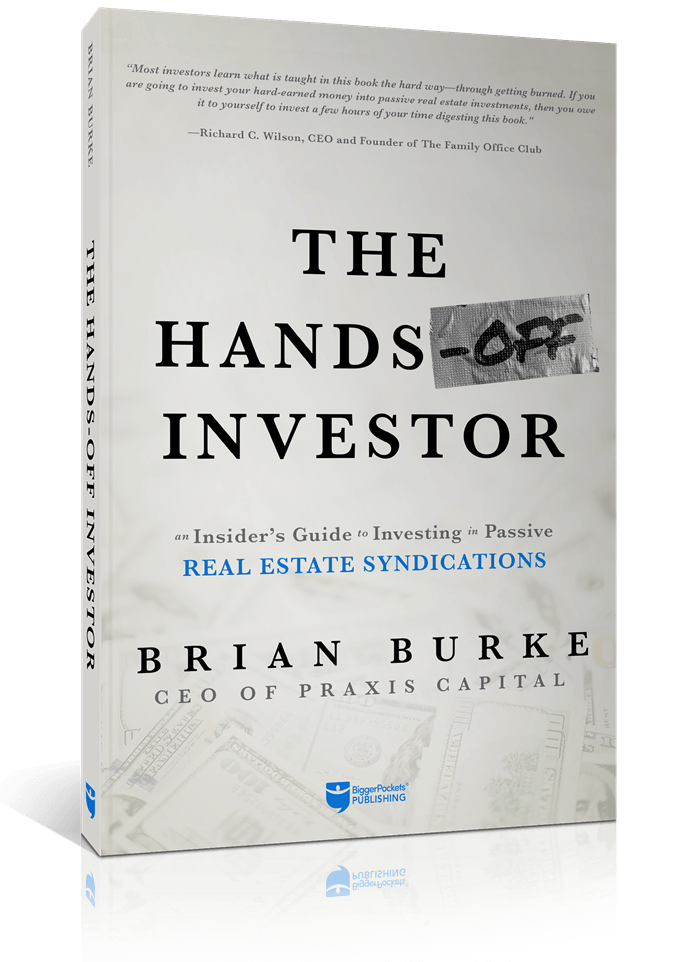How Important Are Local Economic Fundamentals?

We’ve heard real estate investing is all about ‘location, location, location’. So, just how important are local economic fundamentals when it comes to selecting the smartest places to invest?
Nationally, there appear to be varying diverging trends and statistics around the property market. Housing prices are reportedly still up. Even to the point of breaking new record highs. Yet, other data sets suggest there is a lot more financial distress among consumers than big media is covering. The same applies to stories about whether housing inventory for sale is truly too tight, or too plentiful.
Much of this discrepancy is certainly due to the variances between local economic trends in different states, cities, and even neighborhoods.
Local Unemployment, Wages, And Affordability
Real estate investors often have a list of factors they use to evaluate a given destination before investing.
This can include price to rent ratios, volatility, crime rates, diversity of industry, natural disaster risks, and regulatory risks.
Unemployment is often a significant factor. As are wages.
Above all, experts consider affordability as the number one factor for predicting the direction and performance of a given market.
Are there exceptions? Perhaps. Like Malibu and Key West, or the Hamptons to some extent. Second home and investment property markets, where house prices don’t really rely on locals, or the average visitor to determine rents or resale prices.
However, affordability does matter in most markets.
It matters when average locals cannot afford to live in homes they would like to. Which impacts investors in turn.
For example, when rents hit $2,500 a month for a cockroach infested, dingy two-bedroom apartment, in a dangerous neighborhood, even many low income residents may not be able to afford it. Those who can afford it may not want to spend their money on that.
When home asking prices and ownership costs exceed common sense debt to income ratios and go beyond the reach of the average homebuyer in an area, the potential end buyer pool shrinks and shrinks, until wages or prices change.
Emerging Investment Opportunities
In times like these we see opportunistic investments emerge, like builder closeouts and reverse condo conversions. Over the medium to long term prices will typically come back, and far exceed their previous highs too. Though some players will need more liquidity and to recapitalize in the meantime, providing discounts and underpriced opportunities to well positioned investors.
